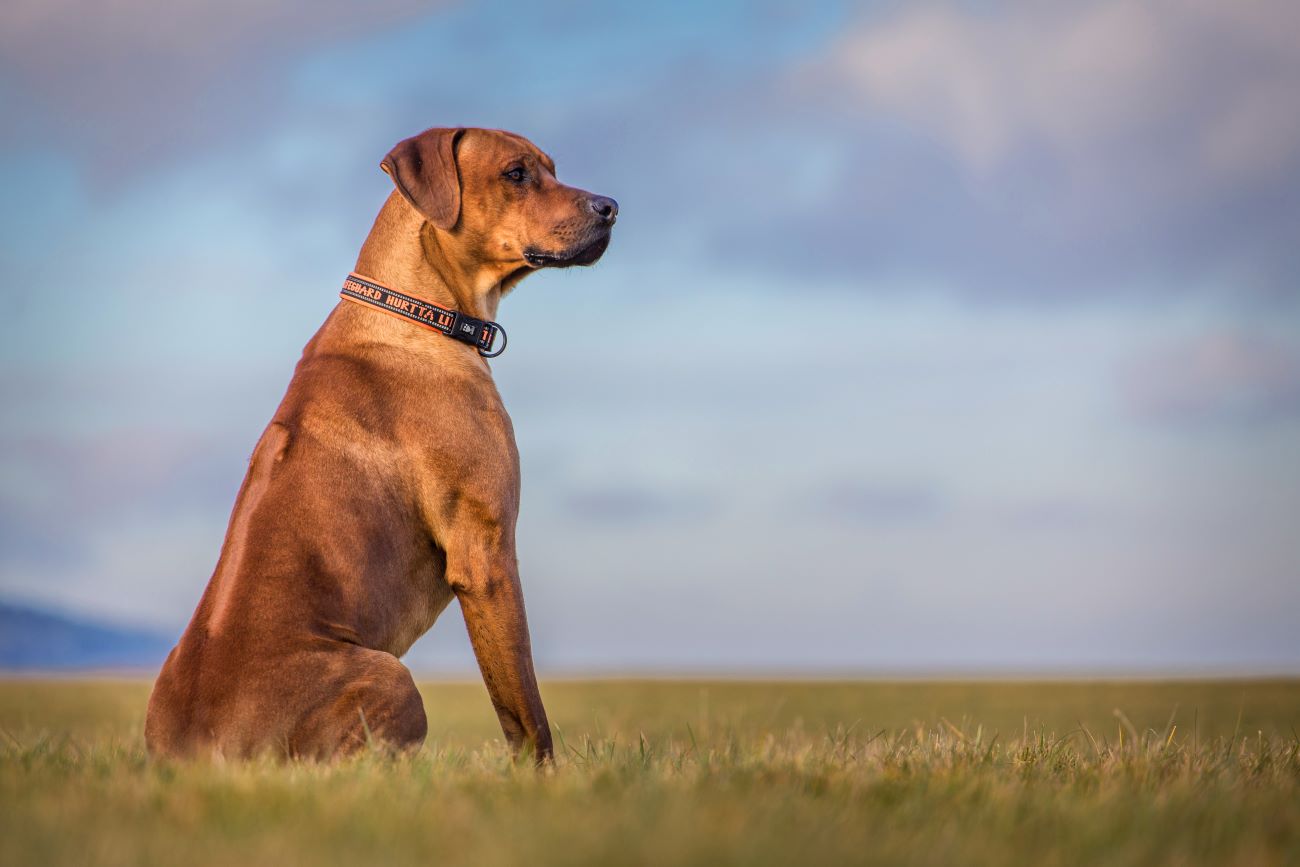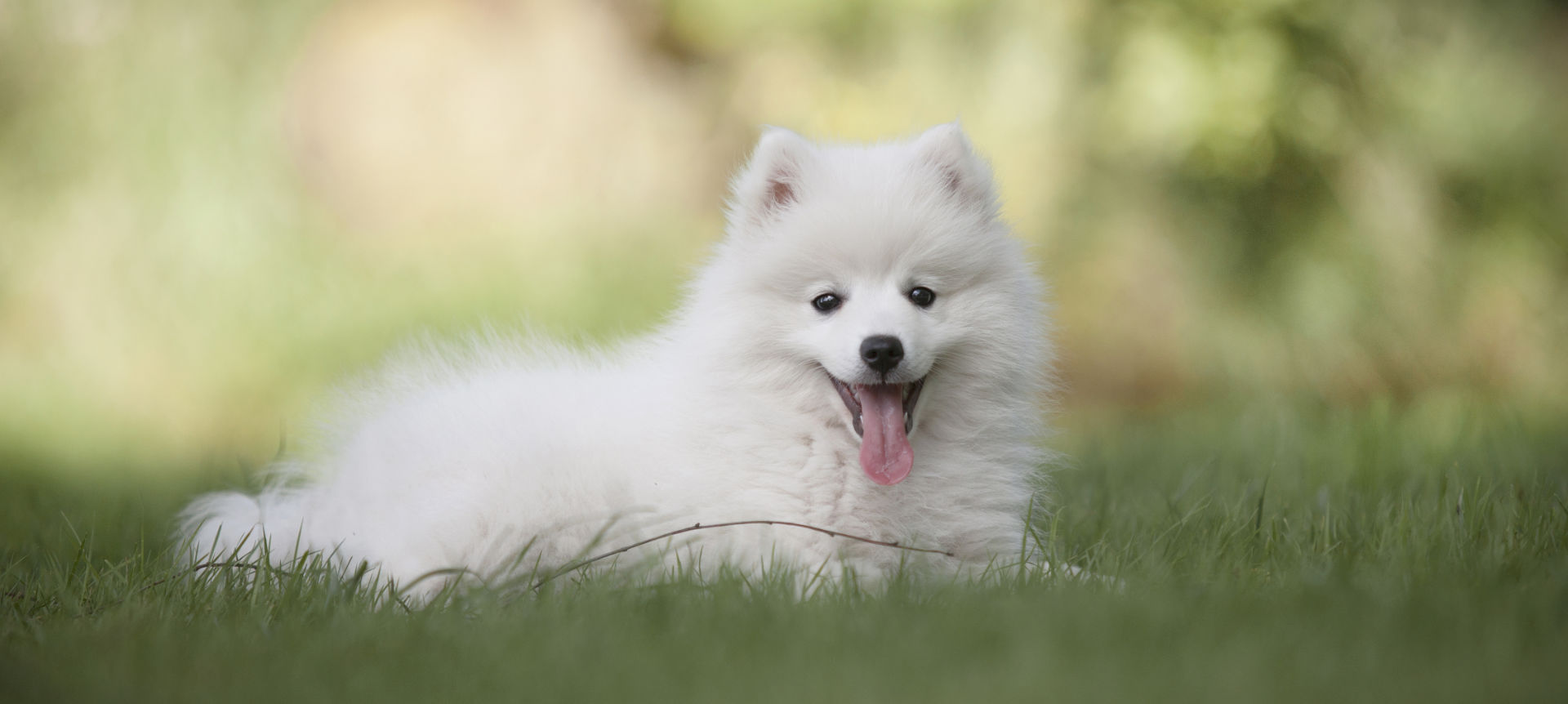
20 Dec Mandibulectomy For Dogs and Cats – What is it and what to know?
A mandibulectomy is a surgical procedure in which a portion or the entire mandible (lower jaw) is removed. This procedure is typically performed to treat conditions such as oral tumors, severe infections, or traumatic injuries affecting the lower jaw. Mandibulectomy may involve removing a portion of the jaw or, in more extensive cases, the entire mandible. A mandibulectomy for dogs and cats is commonly performed to address oral tumors, especially those that are malignant or have invaded the bone. The extent of the procedure depends on the location and size of the tumor, as well as the involvement of surrounding tissues. While the removal of a portion or the entire mandible may sound drastic, many pets can adapt well to life after a mandibulectomy. After the procedure, animals often undergo a period of adjustment, during which they learn to eat, drink, and groom themselves in different ways. Despite the initial challenges, many pets can lead a relatively normal and happy life after recovering from a mandibulectomy.
Outcomes of Mandibulectomy
It’s important to note that the specific outcome can vary depending on factors such as the pet’s overall health, the reason for the surgery, and the skill of the veterinary surgeon. In some cases, pets may need supportive care, such as a modified diet or dental care, to ensure their well-being. If your pet requires a mandibulectomy, it’s crucial to discuss the procedure, potential outcomes, and post-operative care with your veterinarian. They can provide you with information specific to your pet’s condition and help you make informed decisions regarding the best course of action for their health and quality of life.
Choosing a Professional to Perform Mandibulectomy
Choosing the right professional for this intricate procedure is a crucial decision. A veterinary dentist possesses advanced training and expertise in the realm of veterinary dentistry. Although general practice veterinarians are adept at routine dental procedures, more complex cases like mandibulectomies may gain advantages from the specialized skills of a veterinary dental specialist, and there are several reasons for this.
Why You Should Choose a Veterinary Dentist
1. Specialized Training: Veterinary dental specialists undergo additional years of training beyond veterinary school to specialize in dental and oral surgery. This specialized training provides them with in-depth knowledge of dental diseases, oral anatomy, and advanced surgical techniques.
2. Experience with Complex Cases: Mandibulectomies are complex surgical procedures that may involve the removal of portions of the mandible or even the entire jaw. A veterinary dental specialist is likely to have experience with a variety of challenging dental and oral cases, making them better equipped to handle the intricacies of a mandibulectomy.
3. Advanced Equipment and Facilities: Veterinary dental specialists often have access to advanced dental equipment and facilities that may not be available in a general veterinary practice. This can be crucial for performing precise and intricate procedures such as mandibulectomies.
4. Comprehensive Diagnostic Skills: Veterinary dental specialists are skilled in comprehensive dental diagnostics, including advanced imaging techniques such as dental radiography and computed tomography (CT) scans. This allows for a more accurate assessment of the extent of the dental issue and better pre-surgical planning.
5. Collaboration with General Practitioners: Veterinary dental specialists often work closely with general practice veterinarians. In cases like mandibulectomies, collaboration between the specialist and the general practitioner ensures a team approach to the pet’s overall health care.
6. Post-Surgical Care and Follow-Up: Veterinary dental specialists can provide specialized post-surgical care and follow-up, including recommendations for dental hygiene, dietary modifications, and ongoing monitoring to ensure the best possible outcome for the pet.
Vet Dentist in Milwaukee
While not every case requires the involvement of a veterinary dental specialist, for complex dental surgeries like mandibulectomies or in cases where the general practitioner feels it is necessary, seeking the expertise of a specialist can contribute to the overall success of the procedure and the well-being of the pet. If you have any questions about the procedure or would like to schedule you’re pet’s mandibulectomy, contact our team today!


